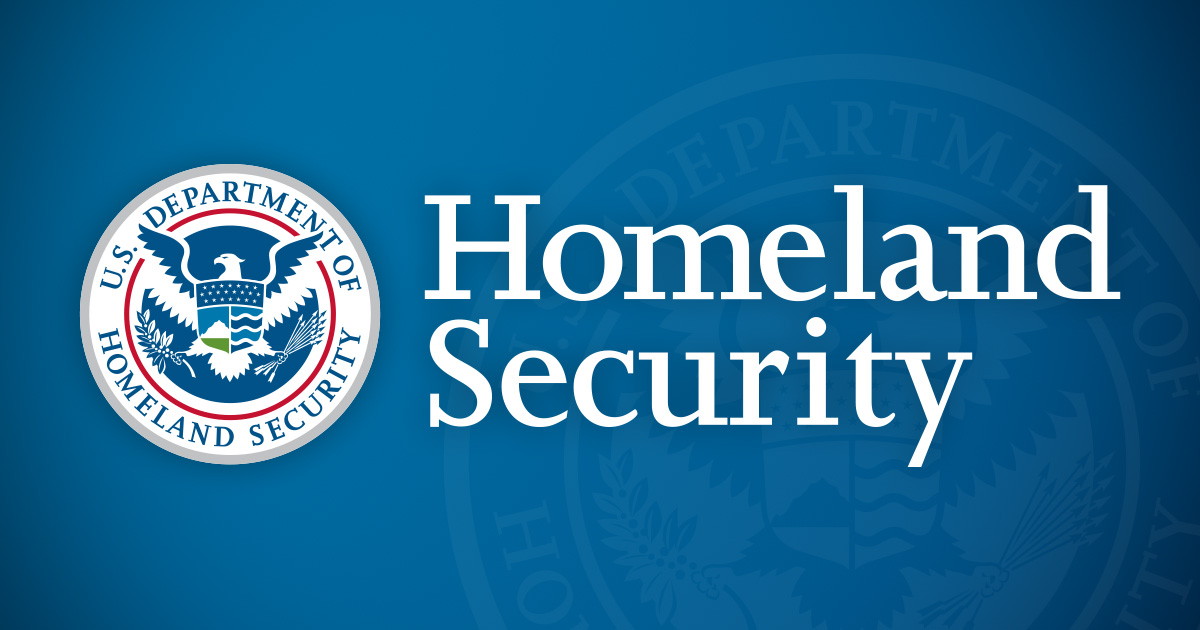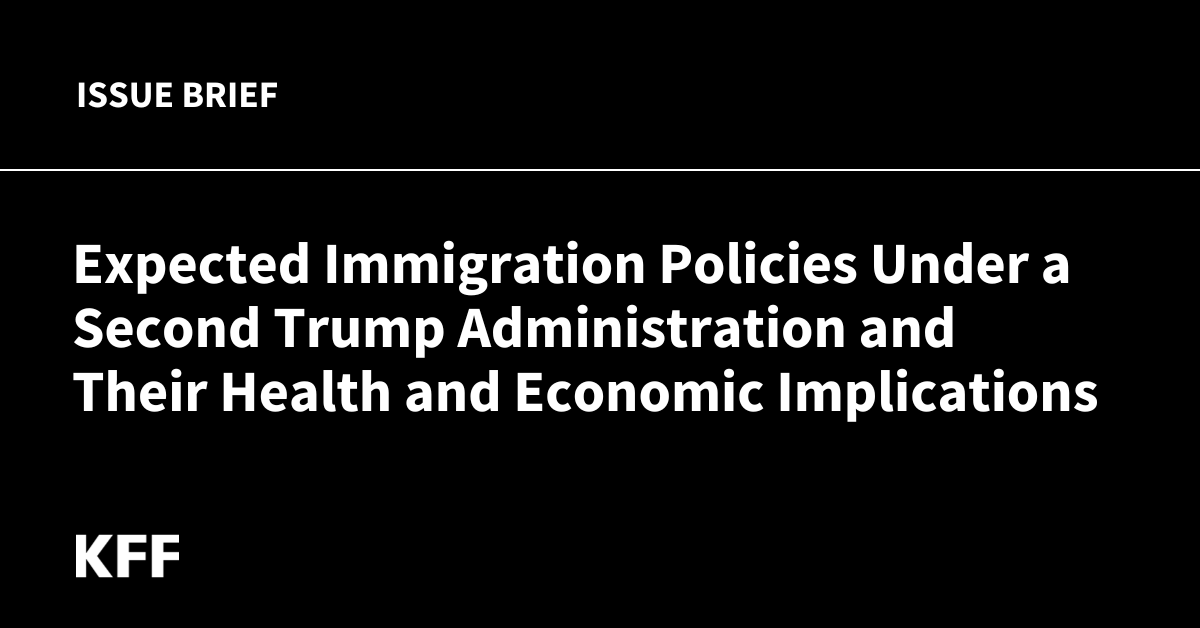The Trump administration announced significant policy changes that affect permanent residency applications and the associated medical examination forms. The USCIS requires that every new permanent residency application now demands a renewed medical examination form. This policy change applies to all applications for permanent residency filed starting June 11, 2025, including those already pending. The form for the medical examination can cost hundreds of dollars, comprising checks for specific conditions or diseases that could deem a person inadmissible to the U.S., along with vaccination records. If a person withdraws their permanent residency application or if it’s denied and they wish to reapply, they must get a new medical examination.
Furthermore, Trump announced a “gold card” option where people can register their interest in purchasing a green card for $5 million through a new website. This system may coexist with the existing EB-5 but cannot replace it without congressional approval.
The U.S. government, particularly DHS, is conducting stringent screening and vetting of vulnerable Afghans before permitting their entry into the U.S. The screening process is multi-layered and constant, checking biometric data, conducting interviews, and assessing the risk to national security and public safety. DHS has deployed personnel to various locations worldwide to execute this screening procedure.
Most Afghans are paroled into the U.S. on a humanitarian basis after the required screening, but conditions are placed on their parole. This can include medical screening, vital vaccinations, and other reporting requirements. They can apply for Special Immigrant Visas, providing they worked for the U.S. and are not already in the pipeline for one or adjusting their status.
All those permitted entry are tested for COVID-19, and Afghans paroled into the U.S. must complete vaccinations as a condition of their parole, all available at no cost. After processing, U.S. citizens and permanent residents can depart, while vulnerable Afghans are provided transportation to U.S. military facilities for full medical screening.
To expedite processing immigration status and work authorization, USCIS is adjudicating applications for employment authorization along with DOS and HHS. DOS is leading the resettlement effort, coordinating with more than 200 local resettlement affiliates, placing refugees into communities and providing them with information on U.S. laws and rights.
Finally, procedural changes mandate the inclusion of Form I-693 for adjustment of status to residency in the United States when submitting Form I-485. This requirement ensures health-related admissibility and reduces the number of RFEs initiated before adjudication. Applicants must schedule a medical exam with a USCIS-designated civil surgeon to avoid application rejection. A correctly completed Form I-693 is valid indefinitely if signed by a civil surgeon on or after November 1, 2023.
1. Gonzalo Ladron de Guevara, a lawful permanent resident in the U.S. since 2003, was detained by federal agents on charges upon returning from Mexico last month. In April, U.S. Citizenship and Immigration Services (USCIS) had warned that green card holders’ status could be revoked if they were considered a threat to national interests. According to his wife, Jodi, Gonzalo was in Mexico to spread his mother’s ashes and was detained on his return for secondary screening by U.S. Customs and Border Protection before being transferred to Immigration and Customs Enforcement. His detention reportedly relates to a past felony charge dismissed about 13 years ago. As the legal bills mount, a GoFundMe set up by a family friend has raised over $7,775 to offset the costs.
2. President-elect Trump plans to implement key changes to immigration policies based on his previous administration’s record and campaign statements. The expected policy changes include the elimination of the Deferred Action for Childhood Arrivals (DACA) Program, changes to public charge policy, expanded interior enforcement actions, ending birthright citizenship, reinstatement of the “Remain in Mexico” policy, and restrictions on humanitarian protections. The Biden administration had made some changes, but the new policies could have significant negative implications for immigrant families and the nation’s economy.
3. The United States Citizenship and Immigration Services (USCIS) announced that as of December, green card applicants must include their medical and vaccination report along with Form I-485 for adjustment of status. This change aims to streamline the immigration process and reduce the number of additional evidence requests. Previously, individuals could submit these applications separately, but now failure to submit them together will result in the denial of the petition. From April 4, 2024, any Form I-693 (the form for a medical examination and vaccination record) that has been correctly completed and signed by a civil surgeon will not expire.
Sources:
 Trump admin changes requirements for green cards ‘effective immediately’
Trump admin changes requirements for green cards ‘effective immediately’ Operation Allies Welcome
Operation Allies Welcome Avoid Rejection: Form I-693 Report of Medical Examination and Vaccination Record Is Now Mandatory When Filing Form I-485
Avoid Rejection: Form I-693 Report of Medical Examination and Vaccination Record Is Now Mandatory When Filing Form I-485 Man With Green Card for Over 20 Years Detained by ICE on Return to US—Wife
Man With Green Card for Over 20 Years Detained by ICE on Return to US—Wife Expected Immigration Policies Under a Second Trump Administration and Their Health and Economic Implications
Expected Immigration Policies Under a Second Trump Administration and Their Health and Economic Implications USCIS will require medical and vaccination reports to be submitted with the green card application
USCIS will require medical and vaccination reports to be submitted with the green card application





Leave a Reply